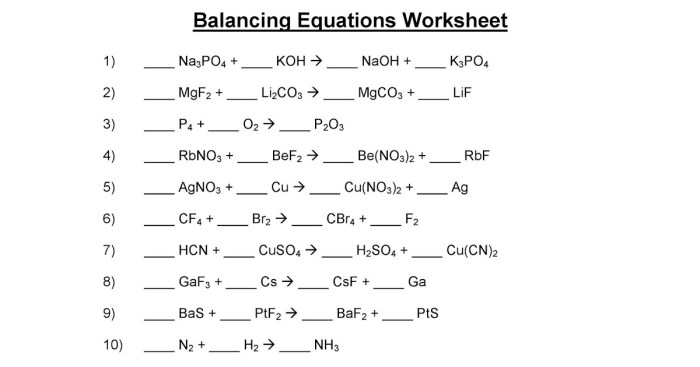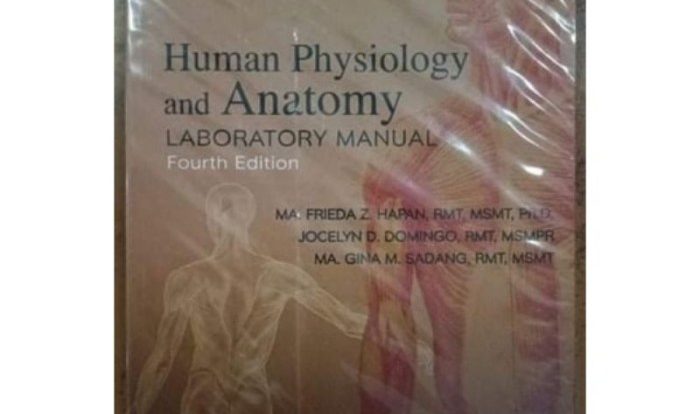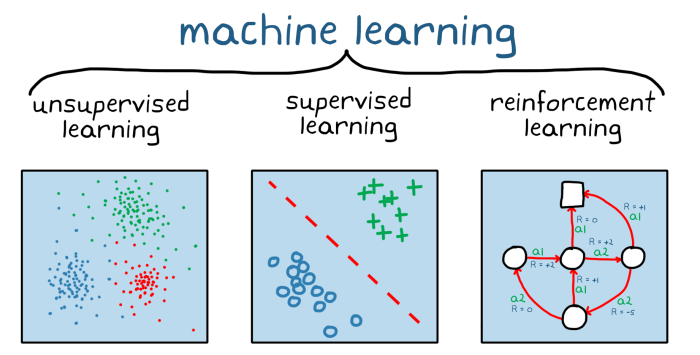Wordly Wise Book 6 Lesson 6 Answer Key PDF empowers educators with a comprehensive guide to reinforce vocabulary acquisition and enhance language skills. This resource provides a detailed explanation of vocabulary terms, skill-building exercises, engaging activities, assessment tools, and extension opportunities, ensuring a well-rounded learning experience for students.
Within this lesson, students embark on a journey to expand their vocabulary, master synonyms and antonyms, and develop critical thinking skills. The answer key serves as an invaluable tool, guiding educators through the lesson’s objectives and providing support for effective instruction.
Wordly Wise Book 6 Lesson 6: Vocabulary, Skills, Activities, Assessment, and Extensions: Wordly Wise Book 6 Lesson 6 Answer Key Pdf
Wordly Wise Book 6 Lesson 6 provides students with a comprehensive exploration of vocabulary, skills, activities, assessment, and extensions. This lesson focuses on developing students’ understanding of advanced vocabulary and essential language skills.
Vocabulary
The vocabulary words in Lesson 6 include:
- auspicious(adj.): favorable; promising
- beneficent(adj.): doing good; charitable
- capricious(adj.): unpredictable; whimsical
- composure(n.): calmness; self-control
- deference(n.): respect; submission
- ephemeral(adj.): lasting for a very short time
- exasperate(v.): to annoy or irritate greatly
- fidelity(n.): loyalty; faithfulness
- gregarious(adj.): sociable; outgoing
- impromptu(adj.): done without preparation
Skills
Lesson 6 teaches students the following skills:
- Identifying synonyms and antonyms
- Understanding the meanings of multiple-meaning words
- Using context clues to determine the meaning of unfamiliar words
Activities
The following activities can be used to reinforce the vocabulary and skills taught in Lesson 6:
- Vocabulary Charades:Students take turns acting out vocabulary words while their classmates guess the word.
- Synonym and Antonym Match-Up:Students match vocabulary words with their synonyms and antonyms.
- Context Clue Scavenger Hunt:Students search for unfamiliar words in a text and use context clues to determine their meanings.
Assessment, Wordly wise book 6 lesson 6 answer key pdf
To assess students’ understanding of the vocabulary and skills taught in Lesson 6, you can use the following assessment:
- Multiple Choice Quiz:Students choose the correct definition for each vocabulary word.
- Short Answer Questions:Students answer questions about the meanings and usage of the vocabulary words.
- Essay:Students write an essay that uses the vocabulary words correctly and demonstrates their understanding of the skills taught in the lesson.
Extensions
To extend students’ learning beyond Lesson 6, you can provide them with the following resources:
- Online Vocabulary Games:Students can play online games that help them practice the vocabulary words.
- Articles and Books:Students can read articles and books that contain the vocabulary words and explore their usage in context.
- Connections to Other Subjects:Students can explore how the vocabulary words relate to other subjects, such as history, science, and math.
Quick FAQs
What is the purpose of the Wordly Wise Book 6 Lesson 6 Answer Key PDF?
The Wordly Wise Book 6 Lesson 6 Answer Key PDF provides educators with a comprehensive guide to the lesson’s vocabulary terms, skills, activities, assessment tools, and extension opportunities, ensuring effective instruction and student learning.
How does the answer key support vocabulary acquisition?
The answer key offers detailed explanations of the vocabulary terms introduced in the lesson, including their meanings, parts of speech, and usage examples. This supports students in building a strong vocabulary foundation.
What types of skills are addressed in the lesson?
The lesson focuses on developing students’ skills in identifying synonyms and antonyms, recognizing word relationships, and applying vocabulary knowledge in context.
How can educators use the answer key for assessment?
The answer key includes a variety of assessment question types, such as multiple choice, short answer, and essay, enabling educators to evaluate students’ understanding of the lesson’s concepts.
What extension opportunities are suggested in the answer key?
The answer key provides links to websites, articles, and books that offer additional resources for extending students’ learning beyond the lesson’s content.



